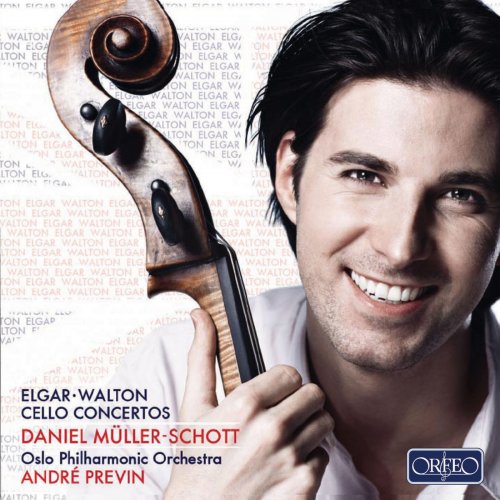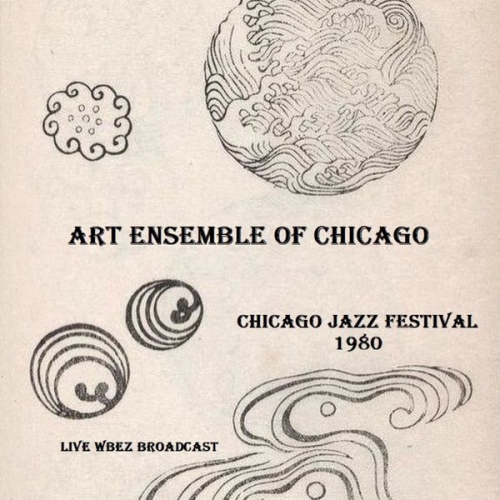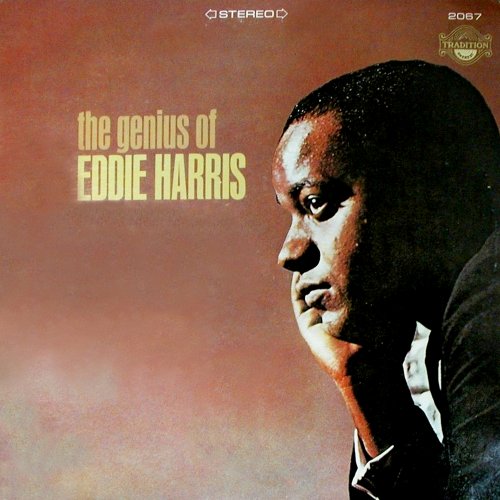Daniel Müller-Schott, Oslo Philharmonic Orchestra, André Previn - Elgar & Walton: Cello Concertos (2016)

Artist: Daniel Müller-Schott, Oslo Philharmonic Orchestra, André Previn
Title: Elgar & Walton: Cello Concertos
Year Of Release: 2016
Label: Orfeo
Genre: Classical
Quality: flac lossless
Total Time: 00:59:31
Total Size: 253 mb
WebSite: Album Preview
TracklistTitle: Elgar & Walton: Cello Concertos
Year Of Release: 2016
Label: Orfeo
Genre: Classical
Quality: flac lossless
Total Time: 00:59:31
Total Size: 253 mb
WebSite: Album Preview
---------
01. Cello Concerto in E Minor, Op. 85: I. Adagio-Moderato
02. Cello Concerto in E Minor, Op. 85: II. Lento-Allegro molto
03. Cello Concerto in E Minor, Op. 85: III. Adagio
04. Cello Concerto in E Minor, Op. 85: IV. Allegro-Moderato-Allegro ma non troppo
05. Cello Concerto: I. Moderato
06. Cello Concerto: II. Allegro appassionato
07. Cello Concerto: IIIa. Lento-Con moto
08. Cello Concerto: IIIb. Risoluto tempo giusto
09. Cello Concerto: IIIc. Interlude. Allegro molto
10. Cello Concerto: IIId. Rapsodicamente
The Elgar and Walton cello concertos make a perfect coupling and this is the second time André Previn has conducted the pairing on disc.
The first, some 20 years ago, had Yo-Yo Ma, still near the beginning of his career, and the LSO.
Here he's with the young German cellist Daniel Müller-Schott and his own Oslo Philharmonic in an equally idiomatic reading.
Significantly, Müller-Schott writes his own booklet-notes, demonstrating his warm affection and understanding of both works. It is the passion of his playing that strikes home immediately – he uses a wider vibrato than Ma, and rather freer, less inhibited phrasing. That passion comes over not only in the slower music of the Elgar but also in the seemingly hesitating introduction to the second-movement Scherzo; and where Ma's reading of the slow movement is marked by refinement and nobility, Müller- Schott's is weightier. Similarly, in the central Scherzo of the Walton, where Ma is very fast and volatile, Müller-Schott is heavier-handed, though without losing the piece's sparkle.
The solo cello is balanced very far forward so that at the start of the Walton its sound obscures the subtle detail in the orchestration. That said, there is everything to enjoy in performances that are uninhibited, bringing out the warmth of both pieces. Many will forgive the odd balance when the performances are so convincing, even if Müller-Schott is not quite so imaginative or individual in his phrasing as Ma.



![Quadro Nuevo - Inside The Island (2025) [DSD256] Quadro Nuevo - Inside The Island (2025) [DSD256]](https://www.dibpic.com/uploads/posts/2026-01/1767895346_folder.jpg)


![Jazztick - Master Tetraforce (2026) [Hi-Res] Jazztick - Master Tetraforce (2026) [Hi-Res]](https://www.dibpic.com/uploads/posts/2026-01/1767974742_cover.jpg)

